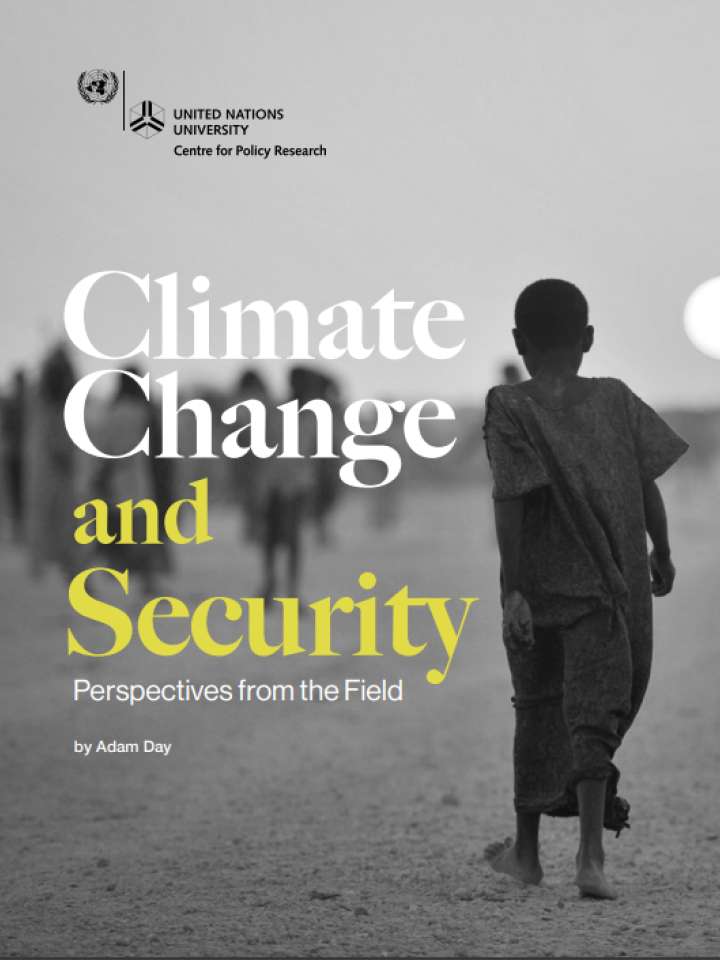Climate change and security: Perspectives from the field
This policy brief examines the issue of climate security primarily from the perspective of UN field offices around the world. It draws principally on a set of 10 forthcoming case studies commissioned by the UN Development Programme (UNDP) Oslo Governance Centre through the UNDPDPPA Joint Programme on Building National Capacities for Conflict Prevention.
The brief aims to capture common themes and lessons across these studies, also identifying areas where further work might help bolster future UN policies and practice. This brief complements the Climate Security Mechanism’s global quick scan of UN efforts to address climate-related security risks and can be used by practitioners to inform new research and programming.
Results from the case studies make a strong argument in favor of:
- including climate-security within the common country assessment (CCA) of the UN. In some instances, such as the Tunisia and Bangladesh cases, the research was, in fact, contributing to their respective CCAs.
- including climate change indicators in regional conflict early warning systems. Pointing out the limitations of current early warning and response, this proposal would see modern global mapping and geodata systems employed to capture issues like land use, soilerosion, freshwater supplies, flood events, harvest potential, deforestation and sea level rises. This evidence could be then used to detect shock events that could cause instability, such as crop failure, human displacement, large-scale land erosion and other environmental-induced crises.
- better knowledge management. The UN system has an enormous amount of data that could be brought into the climate-security research agenda. Although data is used for agency programming, it is not systematically brought into the UN system as a whole. Doing so would not only allow the broader UN system to benefit from agencies’ information, but would also help move from research findings to more holistic programming, turning data into interventions that address the broader conflict prevention agenda.
Explore further
